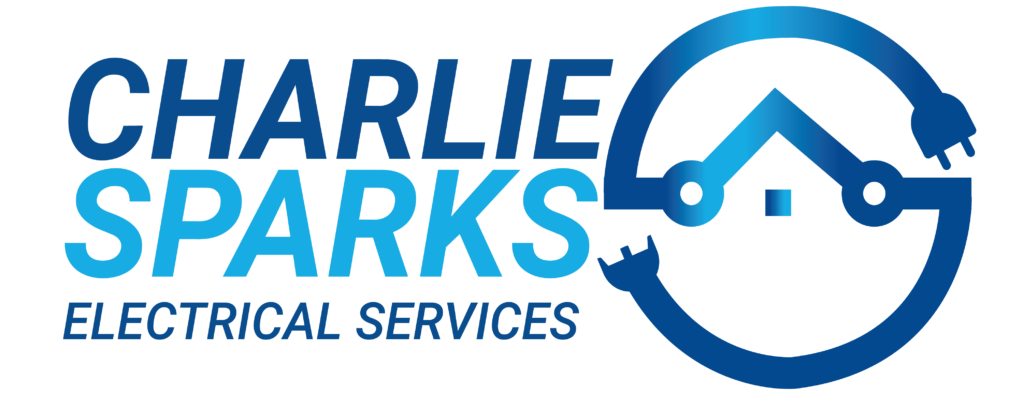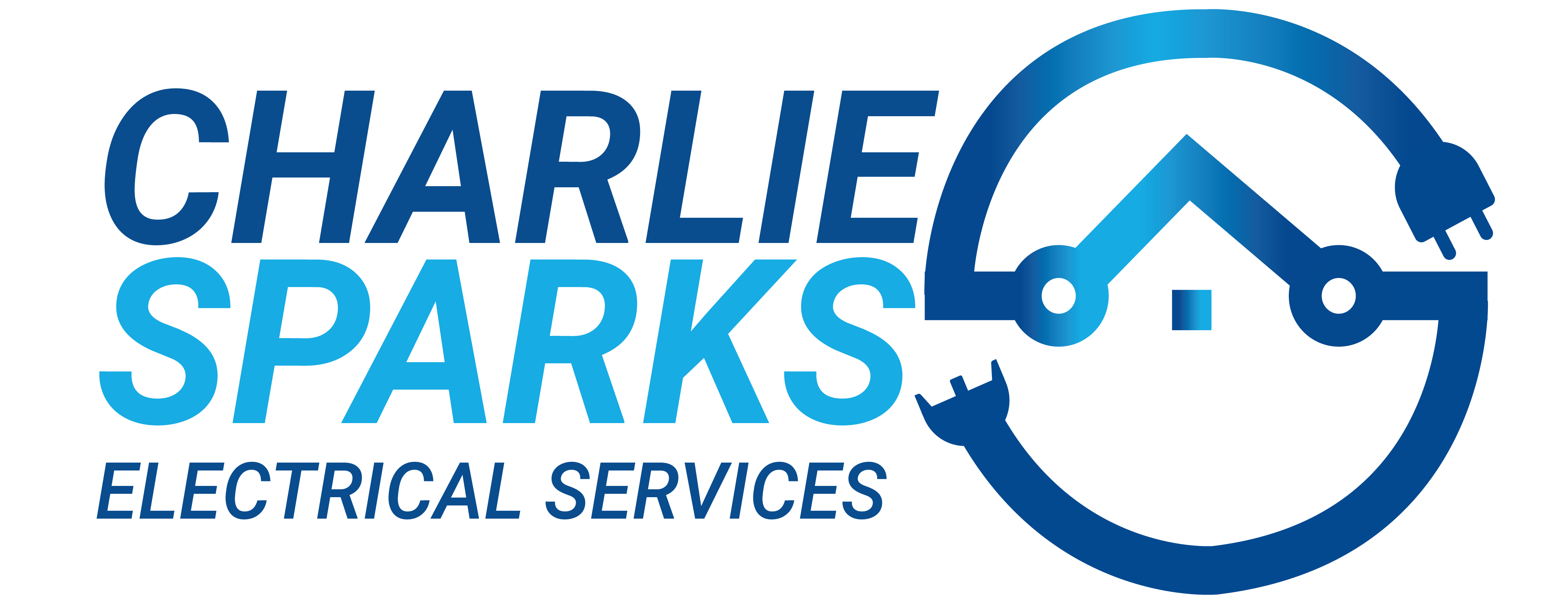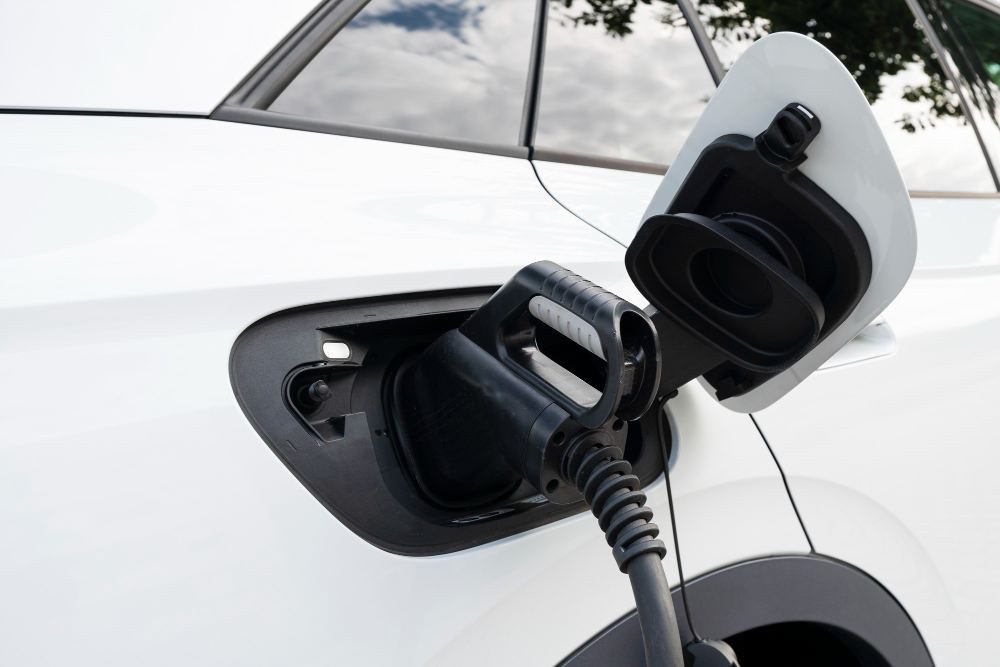More and more Aussies are ditching fuel pumps. Yes, many buyers prefer efficient, quieter, and cleaner electric vehicles.
The number of public EV-charging stations in various parts of Australia is increasing slowly. But, if you do not wish to rely on charging points in public areas, installing an electric vehicle charger at your house is the best option. Roughly 80 percent of electric vehicle owners worldwide prefer home EV chargers.
How are EV chargers categorized? How much do home EV chargers cost? How fast do they charge? What is the variance between Level 1, 2, and 3 charging stations? Which is the best option for overnight EV charging at home in Sydney?
No worries, this blog will answer these and other concerns.
Level 1 Charging
Level 1 charging cable is supplied to vehicle owners when they purchase any electric car.
You undoubtedly wish to know how much time the system requires to charge the battery completely.
Well, the answer is 48 hours. You can expect 2km of range for every ten minutes of charge. You can plug it in any 240-volt 10-amp AC socket in the house. Indeed, this is the slowest way to charge electric vehicles.
What’s the cost? Let’s keep those complicated formulas aside and look at simple numbers. You require electricity worth $8.90 for fully charging the battery. The math may vary slightly depending on the vehicle battery, charger, and electricity tariff in your region.
Electricians recommend that EV owners avoid charging cars during peak times. Instead, start when demand on the grid is low.
The EV charging cost remains zero if your house has solar panels. But, make sure you charge it only during the daytime.
Level 2 (Wall Chargers)
Most EV manufacturers recommend that users install Level 2 chargers at home for fast and convenient charging.
Level 2, or AC fast chargers, offer better safety features and quicker charging than Level 1. You can connect these units to any 10-15 amp, 240v, single phase socket at your home.
One hour of charging with this station provides a 140 km range. Eight to twelve hours are enough for a Level 2 charger to charge the full EV battery.
Again, the time required for charging depends on the type of battery. Yet, most Level 2 chargers provide up to 7.2kW per hour of charging.
If your residence has 415-volt three-phase power, you can consider opting for the Level 2- 22kW charger variant. It provides a 22kW capacity. However, if your EV cannot charge at a rate of more than 7.6kW, investing in a 22kW charger does not make sense.
The price tag
Level 2 (7.2kW) EV charging unit is available for around $950 to $1500. The 22kW variant is available for about $1000 to $3000. Installation charges vary depending on the availability of electrical sockets in the house.
Level 3 (DC Fast Chargers)
DC fast chargers can juice up EVs within minutes. They are available in 50kW and 350kW variants. With these units, just ten minutes of charge can provide 65km of range.
At present, only selected higher-capacity electric vehicles can be charged at a rate of more than 50kW. Plus, only a few PHEV models support DC fast chargers.
You require specific plugs and adaptors to use Level 3 or DC charging stations. Only licensed electricians in Sydney can help you with suitable plugs and sockets.
The high installation cost ($40,000 plus) for these devices makes them non-viable for residential use. Therefore, you can find them mostly at public charging stations. They charge at the rate of $0.45 – $0.60 per kWh. You need to pay $18 to charge Nissan Leaf’s 40kWh battery fully.
Top brands
The following names make it to the list of top residential EV chargers in Australia:
Jetcharge
Tesla (Gen 3)
Solis EV Link
Schneider
Ocular (EVSE)
Hypervolt Home
Fimer
EVNEX
EO Mini
Delta AC Max
The Inspection and Installation Procedure
It is better to decide where you plan to park the vehicle while it charges. Then, let an EV charging specialist in Sydney visit your property for inspection.
Licensed electricians, like those from Charlie Sparks Electrical, will examine the electrical switchboard in your house and create a dedicated circuit for the charger. If your building has access to 3-phase power, the electric vehicle charging station specialist will try and make the same available as an outlet for a home EV charger.



